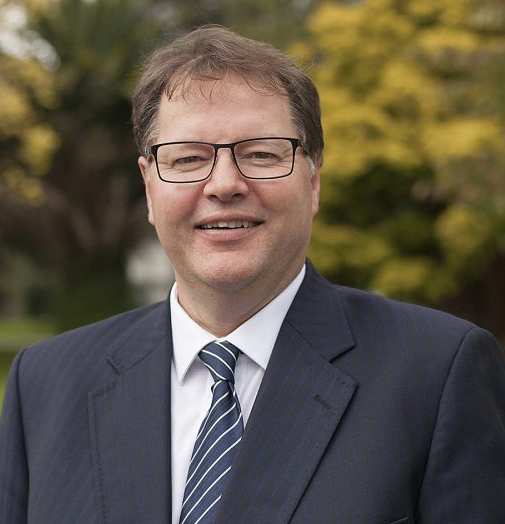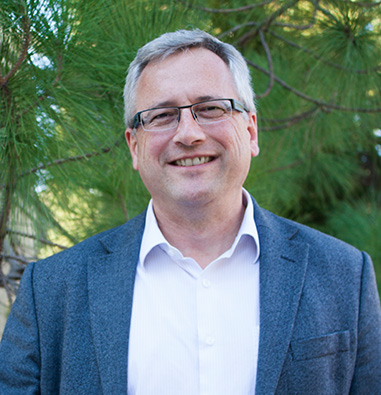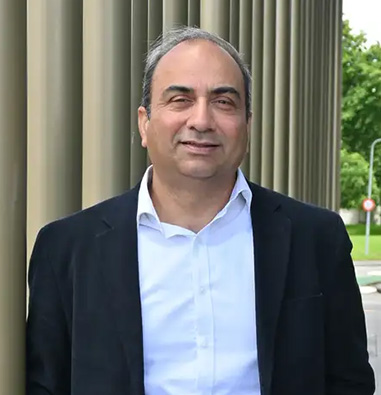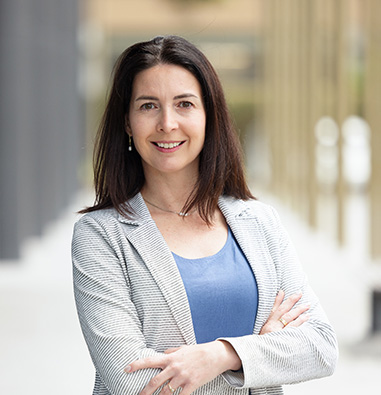Isolation of Sphingolipids from milk via functionalised bioparticles

Sphingomyelin (SM) is a high-value sphingolipid (SL). Although there are many clinical studies on the effect of sphingomyelin-enriched fractions derived from soy, eggs and milk-based ingredients on human health and cognitive development, there are few reports on the effect of purified SM/SLs.
There is a gap in research knowledge in the health implications of pure Sphingomyelin and Sphingolipids (SM/SL) and different SM/SL molecular structures, requiring a method to isolate these different SM/SL structures with a high degree of purity benefits and at a fraction of current costs.
Our goal is to extract and purify SM and other SLs from milks (e.g., human, bovine, ovine, caprine) in a commercially viable and scalable process.
This will be achieved by a recombinant biotechnology platform based on reusable Functionalised Bioparticles.
Riddet CoRE Project overview
Lorem ipsum dolor sit amet, consectetur adipiscing elit. Suspendisse varius enim in eros elementum tristique. Duis cursus, mi quis viverra ornare, eros dolor interdum nulla, ut commodo diam libero vitae erat. Aenean faucibus nibh et justo cursus id rutrum lorem imperdiet. Nunc ut sem vitae risus tristique posuere.
Sphingomyelin (SM) is a high-value sphingolipid (SL). Although there are many clinical studies on the effect of sphingomyelin-enriched fractions derived from soy, eggs and milk-based ingredients on human health and cognitive development, there are few reports on the effect of purified SM/SLs. Examining the health and development benefits of pure SM/SL is cost-prohibitive with commercial SM products. There is a gap in research knowledge on the health implications of pure DM/SL and different SM/SL molecular structures. Addressing this gap and providing for future applications of pure SM/SL, requires a method to isolate these different SM/SL structures with a high degree of purity and at a fraction of current costs. The Riddet Institute, Centre of Research Excellence, has awarded a 2 year Project and a 3.5 year PhD Scholarship to explore the extraction and purification of SM and other SLs from milks (e.g., human,bovine, ovine, caprine) in a commercially viable and scalable process. This will be achieved, under the umbrella of the Centre for Bioparticle Applications, by applying a recombinant biotechnology platform based on reusable Functionalised Bioparticles. The initial work will deliver a proof of concept that functionalised bioparticles will be able to selectively capture and release SM/SLs under physiologically relevant conditions. The proof of concept will also test the sustained performance of selective SM/SLFunctionalised Bioparticles over repeated use cycles. Following a successful initial proof of concept phase, it is anticipated that an industry-supported Phase 2 programme will validate SM/SL purification in successively complex model milk matrices, adapting initial process protocols to maintain efficient and specific SM/SL purification.
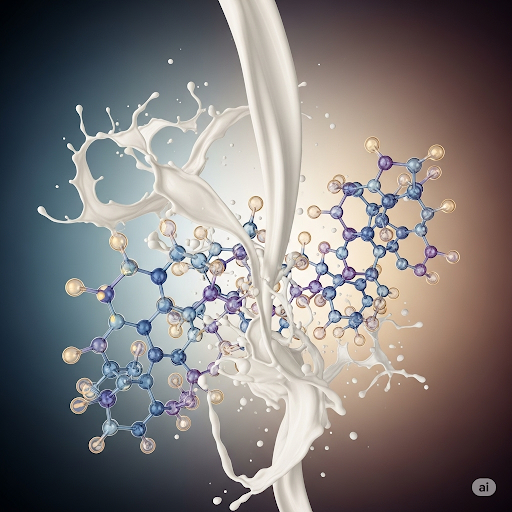
Riddet CoRE PhD Scholarship
Lorem ipsum dolor sit amet, consectetur adipiscing elit. Suspendisse varius enim in eros elementum tristique. Duis cursus, mi quis viverra ornare, eros dolor interdum nulla, ut commodo diam libero vitae erat. Aenean faucibus nibh et justo cursus id rutrum lorem imperdiet. Nunc ut sem vitae risus tristique posuere.
Callum Tatton was awarded the prestigious Riddet CoRE PhD Scholarship.
Callum completed a Master of Biomedical Sciences from the University of Auckland in 2020, working with induced pluripotent stem cells to further develop organoid models of human renal development and pathology. He has experience with 2D and 3D mammalian cell culture, tissue analysis and directed differentiation. He has been with the Riddet Institute since 2020, originally working as a technical staff member in the in vitro fermentation studies and human gut microbiome support work.
He will demonstrate that SM can be purified from simplified matrices using Functionalised Bioparticles. He will also test the performance of Functionalised Bioparticles over repeated use cycles.
Callum's PhD will lay the cornerstone for future work in more complex milk matrices and research into upscaled isolation of sphingolipids.
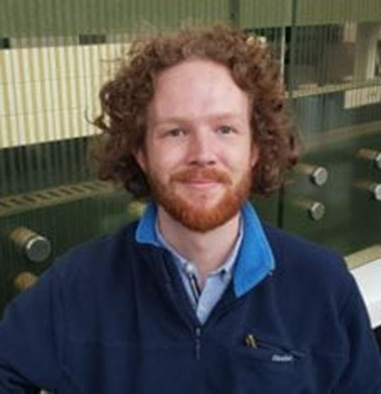
Research Team
Publications
Institute Links
Have a question about the programme?

Isolation of Sphingolipids from milk via functionalised bioparticles

Sphingomyelin (SM) is a high-value sphingolipid (SL). Although there are many clinical studies on the effect of sphingomyelin-enriched fractions derived from soy, eggs and milk-based ingredients on human health and cognitive development, there are few reports on the effect of purified SM/SLs.
There is a gap in research knowledge in the health implications of pure Sphingomyelin and Sphingolipids (SM/SL) and different SM/SL molecular structures, requiring a method to isolate these different SM/SL structures with a high degree of purity benefits and at a fraction of current costs.
Our goal is to extract and purify SM and other SLs from milks (e.g., human, bovine, ovine, caprine) in a commercially viable and scalable process.
This will be achieved by a recombinant biotechnology platform based on reusable Functionalised Bioparticles.
Riddet CoRE Project overview
Lorem ipsum dolor sit amet, consectetur adipiscing elit. Suspendisse varius enim in eros elementum tristique. Duis cursus, mi quis viverra ornare, eros dolor interdum nulla, ut commodo diam libero vitae erat. Aenean faucibus nibh et justo cursus id rutrum lorem imperdiet. Nunc ut sem vitae risus tristique posuere.
Sphingomyelin (SM) is a high-value sphingolipid (SL). Although there are many clinical studies on the effect of sphingomyelin-enriched fractions derived from soy, eggs and milk-based ingredients on human health and cognitive development, there are few reports on the effect of purified SM/SLs. Examining the health and development benefits of pure SM/SL is cost-prohibitive with commercial SM products. There is a gap in research knowledge on the health implications of pure DM/SL and different SM/SL molecular structures. Addressing this gap and providing for future applications of pure SM/SL, requires a method to isolate these different SM/SL structures with a high degree of purity and at a fraction of current costs. The Riddet Institute, Centre of Research Excellence, has awarded a 2 year Project and a 3.5 year PhD Scholarship to explore the extraction and purification of SM and other SLs from milks (e.g., human,bovine, ovine, caprine) in a commercially viable and scalable process. This will be achieved, under the umbrella of the Centre for Bioparticle Applications, by applying a recombinant biotechnology platform based on reusable Functionalised Bioparticles. The initial work will deliver a proof of concept that functionalised bioparticles will be able to selectively capture and release SM/SLs under physiologically relevant conditions. The proof of concept will also test the sustained performance of selective SM/SLFunctionalised Bioparticles over repeated use cycles. Following a successful initial proof of concept phase, it is anticipated that an industry-supported Phase 2 programme will validate SM/SL purification in successively complex model milk matrices, adapting initial process protocols to maintain efficient and specific SM/SL purification.

Riddet CoRE PhD Scholarship
Lorem ipsum dolor sit amet, consectetur adipiscing elit. Suspendisse varius enim in eros elementum tristique. Duis cursus, mi quis viverra ornare, eros dolor interdum nulla, ut commodo diam libero vitae erat. Aenean faucibus nibh et justo cursus id rutrum lorem imperdiet. Nunc ut sem vitae risus tristique posuere.
Callum Tatton was awarded the prestigious Riddet CoRE PhD Scholarship.
Callum completed a Master of Biomedical Sciences from the University of Auckland in 2020, working with induced pluripotent stem cells to further develop organoid models of human renal development and pathology. He has experience with 2D and 3D mammalian cell culture, tissue analysis and directed differentiation. He has been with the Riddet Institute since 2020, originally working as a technical staff member in the in vitro fermentation studies and human gut microbiome support work.
He will demonstrate that SM can be purified from simplified matrices using Functionalised Bioparticles. He will also test the performance of Functionalised Bioparticles over repeated use cycles.
Callum's PhD will lay the cornerstone for future work in more complex milk matrices and research into upscaled isolation of sphingolipids.

Research Team
Publications
Institute Links
Have a question about the programme?






